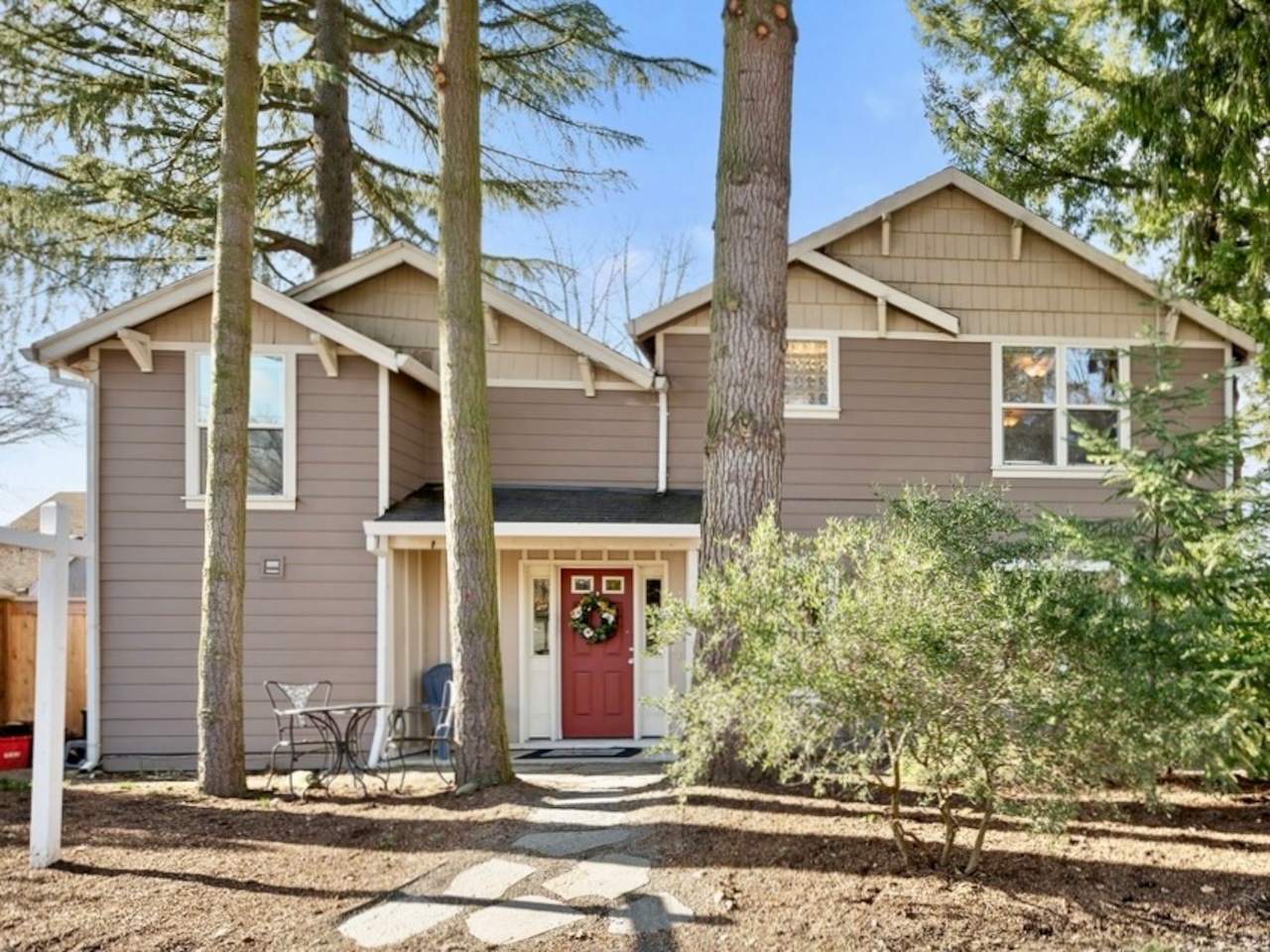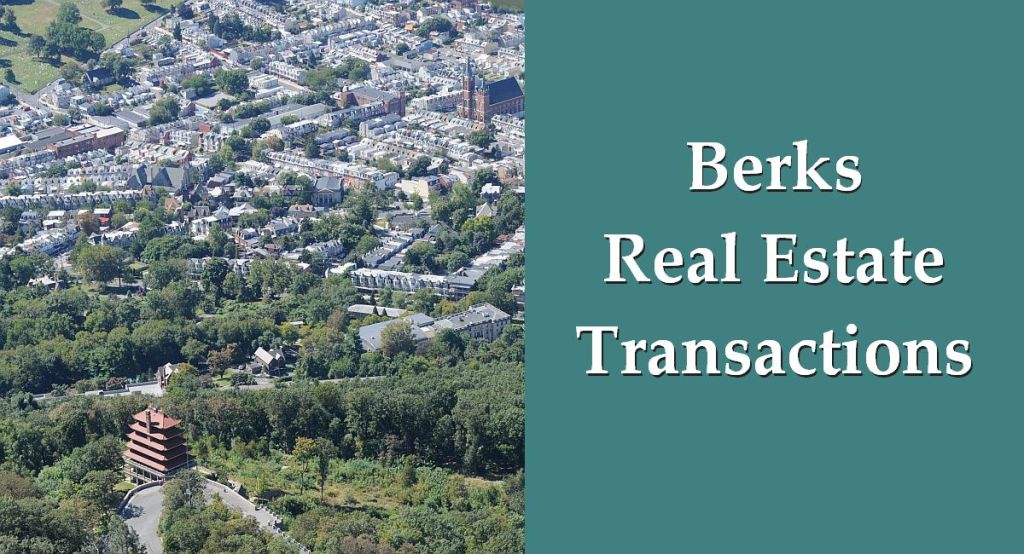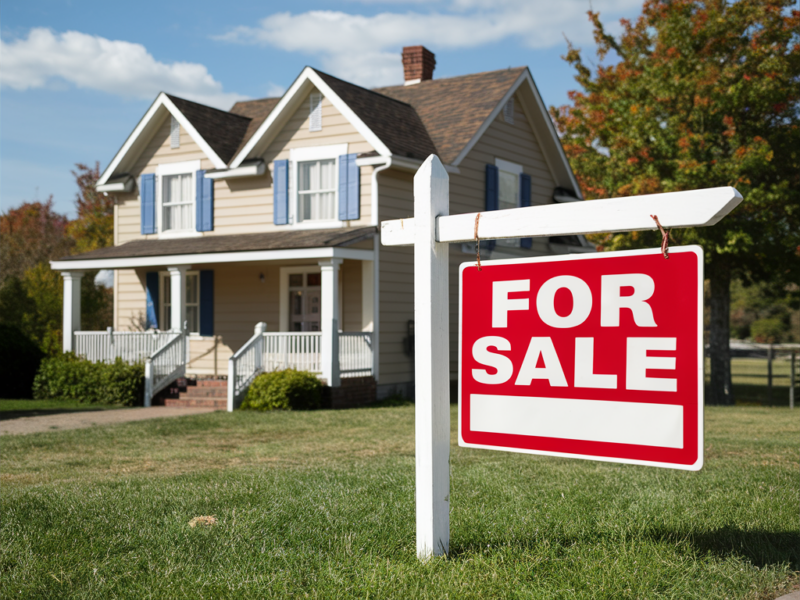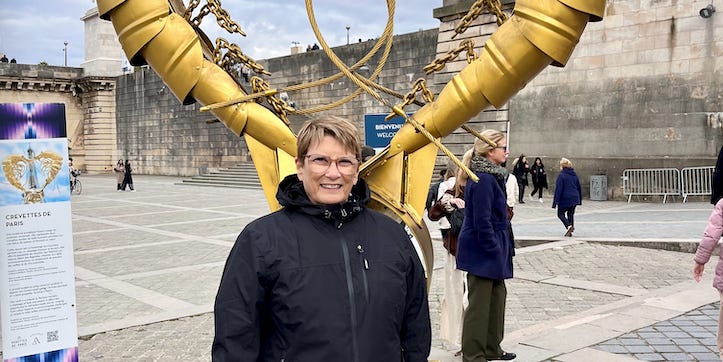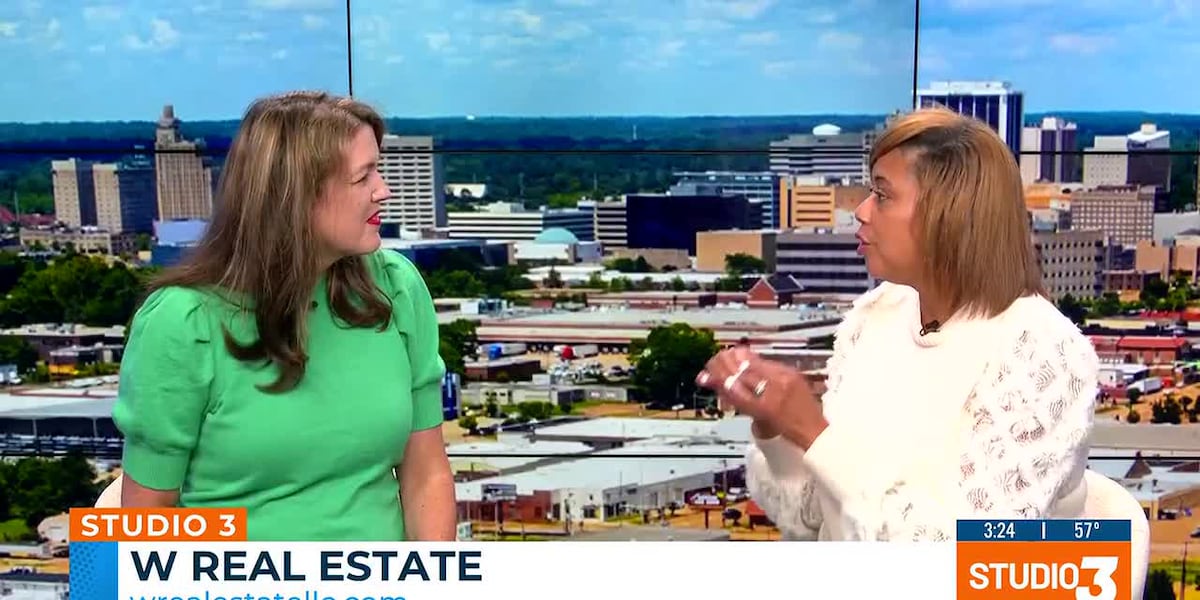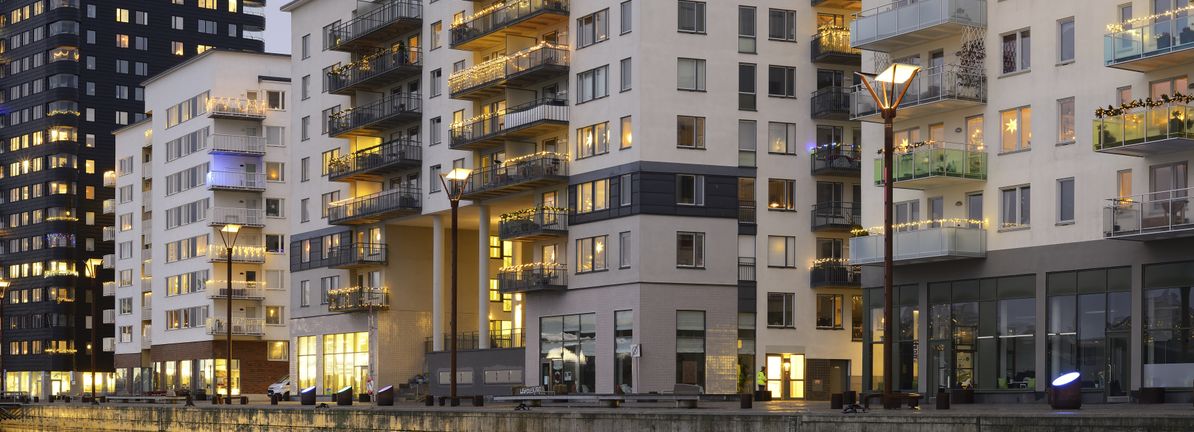M
ary French of Northeast Portland left her husband in April and stayed in a friend’s Airbnb until July, when she decided she wanted a permanent home. “I didn’t plan to buy right away, but I didn’t want to keep renting,” she said. With help from Coldwell Banker Bain broker Kia Caise‑Williams, French signed the deed in August for a 900‑sq‑ft, two‑bedroom bungalow in Concordia near Alberta Street. The townhouse‑style house, with a long front yard that appealed to her gardening hobby, sold for $499,000—below Portland’s median price of $550,000. Caise‑Williams negotiated the final price to $484,000, $15,000 under the asking price. French, who had lived nearby for years, praised the deal and the neighborhood familiarity. Her advice to other buyers: “Buying a home is a big commitment. Take your time.”
Caise‑Williams also highlighted a move‑in‑ready house in Northeast Portland’s Roseway neighborhood listed at $499,000 for first‑time buyers. Homeownership remains complex, with many juggling down‑payment savings against debt and the emotional challenge of finding the right property. According to the 2025 Home Buyers and Sellers Generational Trends report, first‑time buyers made up 24% of all purchases last year, down from 32% in 2023. For buyers 59 or younger, the primary motive is to own a home; for those 60 and older, proximity to family is key.
The Federal Reserve’s recent rate cut to about 4.1% and projected two more reductions could lower mortgage rates, easing monthly payments and expanding borrowing power. However, increased demand may push prices up, offsetting some affordability gains. Caise‑Williams advises buyers to tap into local, state, and federal programs—such as Oregon Housing and Community Services’ down‑payment assistance, FirstHome and NextStep lenders, and the Department of Revenue’s first‑time homebuyer tax credit—to improve credit, manage debt, and prepare for purchase. A housing counselor can guide the process, especially when saving for a down payment that ranges from 3% to 20% of the sale price.
For those seeking stability, Caise‑Williams stresses that many assume homes are out of reach without exploring options. She recommends evaluating affordability, size, and type—whether fixer‑upper, updated, or new construction—and prioritizing location and amenities. Questions to ask include proximity to work, public transit, bike paths, or freeways; the need for a workspace, garage, or low‑maintenance yard; and whether the home will be lived in or rented. Energy‑efficient features can help keep heating and cooling costs predictable. “Knowledge is power,” she says, urging buyers to gather all information before committing.
In short, Mary French’s successful purchase illustrates that with the right broker, market knowledge, and resources, first‑time buyers can secure a home that fits their budget and lifestyle. The key is patience, thorough research, and leveraging available assistance programs to make homeownership both attainable and sustainable.
